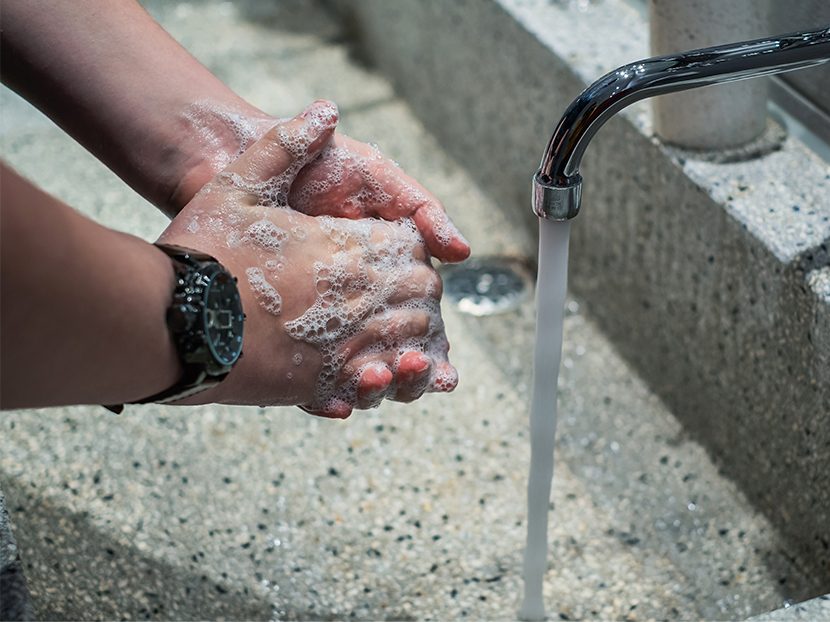IAPMO Recognizes Global Handwashing Day at Event with USAID Administrator

In the midst of a global pandemic that has taken the lives of more than 1 million people, today more than ever handwashing is recognized as being critical to protecting public health and saving lives. On Oct. 14, the International Association of Plumbing and Mechanical Officials (IAPMO) joins USAID, World Bank and foreign leaders at an event celebrating Global Handwashing Day and recognizing the important role the industry plays in making universal access to handwashing a reality.
Founded in 2008 by the Global Handwashing Partnership and celebrated every year on Oct. 15, Global Handwashing Day not only seeks to raise awareness about the importance of handwashing with soap, but provides a platform for sustained action at a global, regional and national level.
Executive Vice President of Government Relations Dain Hansen is speaking at an event on Oct. 14 that includes USAID Acting Administrator John Barsa, USAID Deputy Administrator Bonnie Glick, USAID Global Water Coordinator Jennifer Mack, World Bank Global Water Practice Director Jennifer Sara, and Ghana's minister of water, the Hon. Cecilia Abena Dapaah.
"As we look to make universal access to handwashing a reality, there must be a strong local industry to support it," Hansen said. "As a trusted global authority, IAPMO is proud to be on the front lines working closely with national plumbing associations, manufacturers and government ministries to meet acute handwashing needs today and to build capacity for the future."
This year's theme, "Hand Hygiene for All," aligns with the recently launched WHO and UNICEF-led Hand Hygiene for All Global Initiative, which calls for all of society to scale up hand hygiene through increased political leadership, a stronger enabling environment, and robust supply and demand for hand hygiene facilities and supplies. This year's Global Handwashing Day emphasizes the need to take immediate action on hand hygiene across all settings to respond to and control the COVID-19 pandemic. It also serves as a reminder of the need to build on the current momentum to ensure hand hygiene becomes a mainstay in public health interventions.
"COVID-19 has taught us that handwashing saves lives," Mack said. "But you can't wash your hands without running water. USAID is committed to supporting partner countries around the world to strengthen their water systems and protect supply chains so that everyone in developing countries can wash their hands properly everywhere, and every time, they need to. This makes good public health sense, and good economic sense."
During the event, IAPMO will highlight its current work to improve access to handwashing with industry partners across the globe. In Zambia, and Rwanda, IAPMO's charitable foundation, the International Water, Sanitation and Hygiene Foundation (IWSH), has partnered with national plumbing associations in designing and building portable handwashing stations for school campuses and in community markets. In South Africa, IWSH has partnered with industry to fix communal taps and wash points in informal settlements. In the United States, IWSH has partnered with LIXIL, DigDeep and the Navaio Nation United Way in distributing SATO Taps, a new portable device that effectively makes handwashing possible where water supplies are extremely limited. IAPMO also celebrated Kohler's launch this month of its Safe Water for All Initiative, which will galvanize Kohler associates worldwide to drive handwashing, water and sanitation access solutions.
To learn more about Global Handwashing Day, visit www.globalhandwashing.org/global-handwashing-day.




